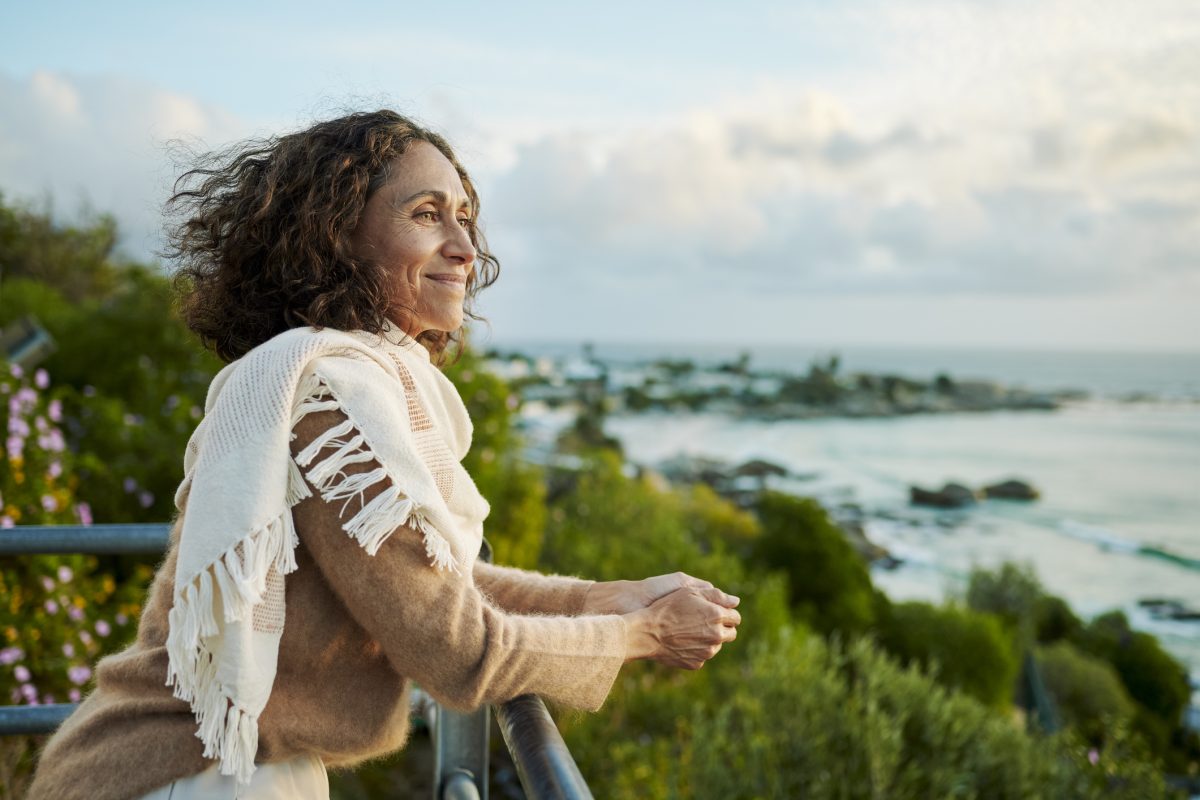There are days when I feel young, healthy and energetic. Those are the days I get so much satisfaction from doing the things I enjoy.
Then there are days when just feel so old — and that worries me…
Studies have shown that our perceptions about aging can have a very real impact on our health.
For instance, feeling negative about aging equates to negative physical mental and cognitive health. Conversely, feeling younger than your age is associated with living a longer, healthier life.
There is even evidence that subjective age predicts actual brain age, with those feeling younger having brains with younger biomarkers.
Knowing all of this, I would very much like to feel young — at any age. And now I have a clue how to do just that…
Sleep could be the key to feeling younger
Researchers at Stockholm University were curious to see if sleep had any effect on how old people “felt.” So they conducted a couple of studies to find out.
“Given that sleep is essential for brain function and overall well-being, we decided to test whether sleep holds any secrets to preserving a youthful sense of age,” says Leonie Balter, a researcher at Stockholm University.
In the first study, they asked 429 individuals aged 18 to 70 how old they felt, how many days in the past month they had not gotten enough sleep and how sleepy they were. They found that for each night with insufficient sleep in the past month, participants felt 0.23 years older on average.
In the second study, the researchers explored whether there was truly a connection between inadequate sleep and participants feeling older. They restricted the sleep of 186 participants aged 18 to 46 for two nights, having them spend only four hours in bed each of those nights. Then, they had them sleep sufficiently for two nights, with nine hours in bed per night.
The results were stark. After sleep restriction, participants on average felt 4.4 years older compared to when they got sufficient sleep.
Not surprisingly, the effect appeared to be related to how sleepy they felt. Feeling extremely alert was related to a participant feeling 4 years younger than their actual age, while extreme sleepiness was related to feeling 6 years older.
“This means that going from feeling alert to sleepy added a striking 10 years to how old one felt,” Balter says.
Sleep: A fundamental pillar of health
Just a couple of years ago, the American Academy of Sleep Medicine issued a special statement declaring sleep essential to health and placing it on the same level as proper nutrition and exercise for our health and well-being.
Dr. Balter’s research seems supportive of that.
“Safeguarding our sleep is crucial for maintaining a youthful feeling,” she says, “This, in turn, may promote a more active lifestyle and encourage behaviors that promote health, as both feeling young and alert are important for our motivation to be active.”
If you’re waking up feeling tired and older than your age, here are a few suggestions for improving your sleep to help you feel younger:
- Kill the blue light. Try to avoid the light from computer screens, LEDs and fluorescent bulbs for at least an hour before bedtime. This will encourage your body to produce melatonin, the sleep hormone that signals your body to start to wind down for sleep.
- Try pink noise. Listening to pink noise can help older adults attain slow-wave deep sleep to feel more rested and cognitively sharper.
- Exercise during the day. Getting physical makes it more likely that you’ll fall asleep faster and stay asleep longer. Just make sure you don’t exercise within an hour of your bedtime or it could have the opposite effect.
- Check your vitamin D levels. Adequate levels of vitamin D are necessary for the regulation of melatonin as well as serotonin, the “happy” hormone. That means insufficient levels can negatively impact your sleep and your mood.
- Get a checkup. If you’re experiencing chronic sleep problems, talk to your doctor about them. Your doctor may recommend you be tested for sleep apnea or examine you for any other disorders that could be interfering with sleep.
Sources:
Want to feel young? Protect your sleep — EurekAlert!
Sleep and subjective age: protect your sleep if you want to feel young — Proceedings of the Royal Society B
Does exercising at night affect sleep? — Harvard Health Publishing
Effects of vitamin D on mood and sleep in the healthy population: Interpretations from the serotonergic pathway — Sleep Medicine Reviews
Read full article here






